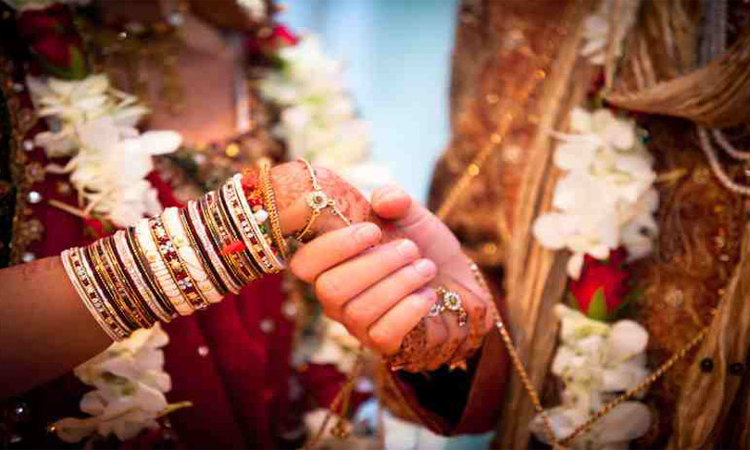'Women Treated As Chattel', Says Plea Challenging Restitution Of Conjugal Rights; SC Seeks Centre's Response
LIVELAW NEWS NETWORK
16 March 2019 8:55 AM IST

The provisions dealing with restitution of conjugal rights in effect treat women as 'chattel', the petitioners argue.
Next Story


